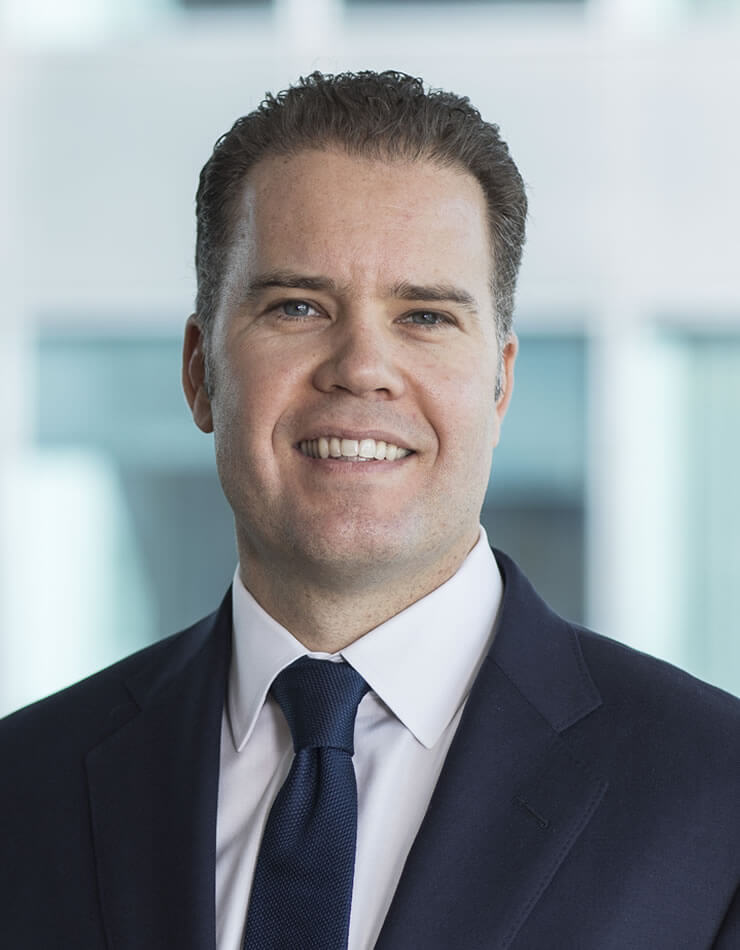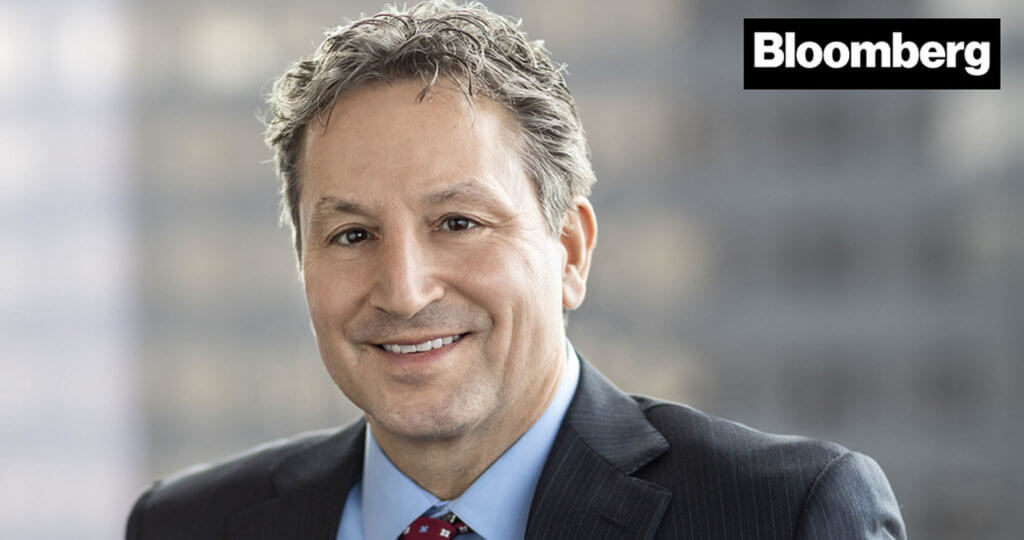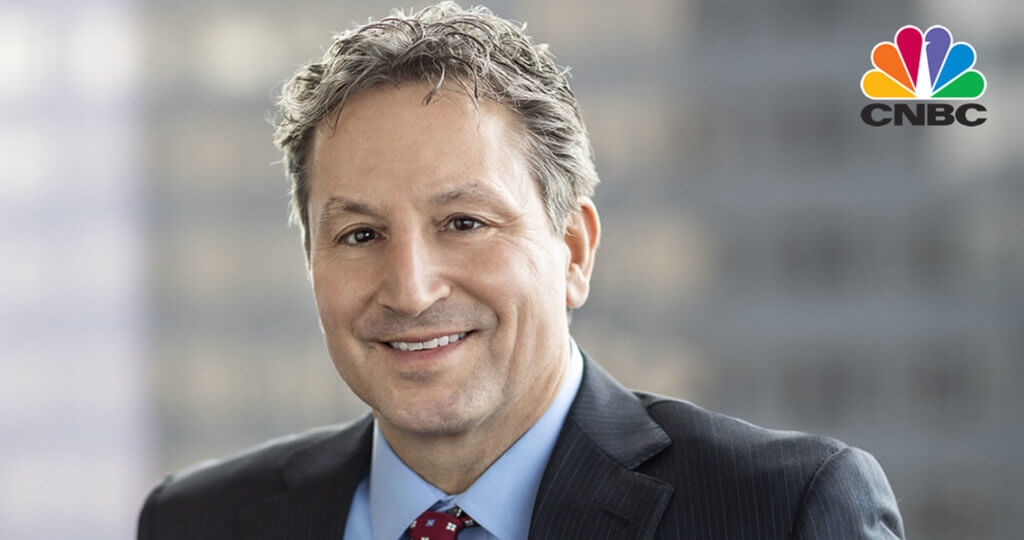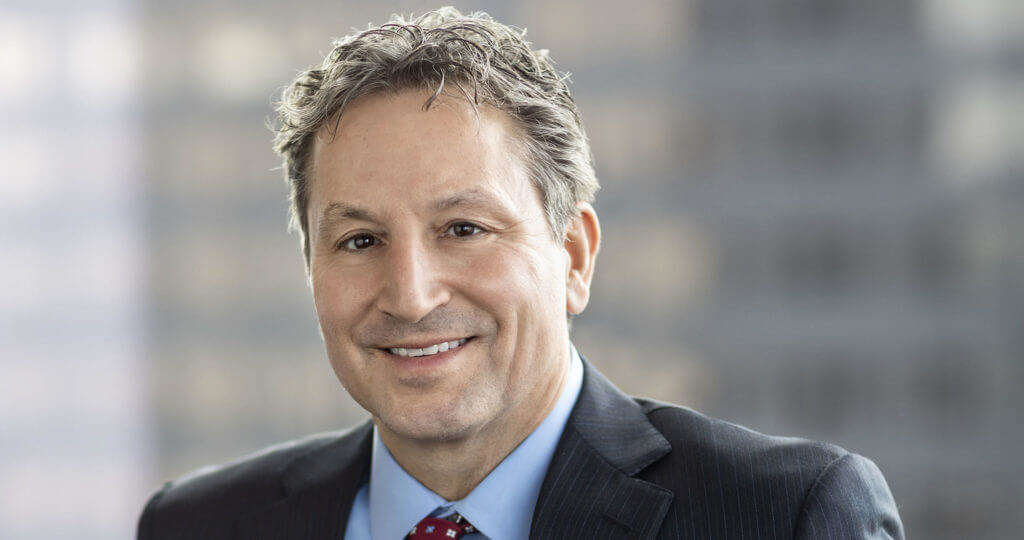Oakmark Global Fund – Investor Class
Average Annual Total Returns 12/31/17
Since Inception 08/04/99 10.78%
10-year 6.43%
5-year 12.08%
1-year 27.08%
3-month 3.90%
Gross Expense Ratio as of 09/30/17 was 1.21%
Net Expense Ratio as of 09/30/17 was 1.15%
Past performance is no guarantee of future results. The performance data quoted represents past performance. Current performance may be lower or higher than the performance data quoted. The investment return and principal value vary so that an investor’s shares when redeemed may be worth more or less than the original cost. To obtain the most recent month-end performance data, view it here.
Quarter and Calendar Year Review
The basic concept of the Oakmark Global Fund—with its broad geographic and market capitalization mandates and relatively focused portfolio—is to offer a single product that uses our firm’s bottom-up approach to find the best values around the world and invest in those opportunities with conviction. As a result, the portfolio occasionally looks very different from the global indexes. This is a natural outcome of our investment process and, as many of our long-term investors know, it can take time for the market to recognize these values. This can lead us into some unpopular geographies and sectors, like our recent investments in Europe/U.K. and financials, respectively, which produced a couple of difficult years for the Fund. In that respect, we are pleased to report that this year, our large holdings in Europe/U.K. and the financials sector were the largest relative and absolute contributors from a regional and sector standpoint. Specifically, our holdings in Europe and the U.K. contributed to over 90% of this year’s outperformance, relative to the MSCI World Index, and our financial sector holdings contributed to over 40% of this year’s outperformance. While it may not feel like it every quarter or year, we are building what we believe is a truly conservative global portfolio of our best ideas, one company at a time, to maximize returns over a multi-year period.
The Oakmark Global Fund returned 3.9% for the quarter, which brings the Fund’s calendar year return to 27.1%. Meanwhile, the MSCI World Index returned 5.5% during the quarter and 22.4% for the year. Please understand these absolute returns are exceptional relative to what one should expect on an ongoing basis, but we hope you enjoy them, as we do as fellow shareholders in the Fund. Since inception, the Fund has returned 10.8% versus 4.9% for the MSCI World Index and 5.7% for the Lipper Global Fund Index.
Our largest contributors in the quarter were Bank of America, TE Connectivity and Credit Suisse Group. From a country standpoint, our largest contributors were the U.S., Germany and the U.K. Our largest detractors were General Electric (GE), Grupo Televisa and CarMax. We purchased GE, believing the new management team would improve the cost structure and capital allocation. We discussed the motivation for CEO John Flannery to reset earnings expectations last quarter. Fast forward 90 days, and the rebased earnings at GE were worse than we anticipated with the primary difference being more secular, cyclical and company-specific issues in GE’s power generation businesses. We continue to hold the stock, given the combination of price, our confidence in management and the strength of the businesses outside of power generation, which generate the vast majority of profits.
For the calendar year, the largest contributors were CNH Industrial, Allianz and TE Connectivity, while the largest detractors were GE, Grupo Televisa and Interpublic Group. From a country standpoint, the largest contributors were the U.S., Germany and the U.K. Mexico was the only detractor.
Portfolio Activity
During the quarter, we added two new positions—Johnson Controls and CoreLogic—and eliminated Itron, which had reached our sell target.
Johnson Controls (JCI) shares have underperformed since the $18B Tyco merger, which also brought a new CEO, George Oliver, whom we know and respect from his days at Tyco. We believe JCI had been undermanaged prior to the merger, and Oliver has the opportunity to improve operations in addition to achieving the merger synergies. Roughly three-quarters of revenues and two-thirds of earnings come from the legacy Tyco fire and security business and JCI’s legacy HVAC and building automation businesses. JCI is also the largest producer of lead-acid automotive batteries with nearly 40% market share. While this business is lower growth, the fundamentals tend to be fairly stable as aftermarket accounts for 75% of sales.
CoreLogic provides unique residential real estate information to the financial services sector. The shares have been weak due to near-term cyclical concerns about declining refinancing activity. We do not believe this has a long-term impact on business value. Unique data businesses tend to have great returns and are difficult to replicate. CoreLogic fits this mold. The management team has been good stewards of capital and has reduced the share count 30% since 2010. Management has been improving margins for years, and we believe there is more room for improvement over the next several years. Meanwhile, CoreLogic is selling well below public and private market values of other high-quality data providers.
Geographic Allocation and Currency Hedging
We ended the quarter with 44% of our holdings in Europe and the U.K., 43% in the U.S., and 7% in Asia (Japan, China and India). The remaining positions are in Australia and Mexico.
We continue to believe the Swiss franc is overvalued versus the U.S. dollar. As a result, we defensively hedged a portion of the Fund’s exposure. Approximately 15% of the Swiss franc exposure was hedged at quarter end.
We thank you for being our partners in the Oakmark Global Fund. As always, we invite you to send us your comments and questions.
The securities mentioned above comprise the following percentages of the Oakmark Global Fund’s total net assets as of 12/31/17: Bank of America Corp. 4.6%, TE Connectivity, Ltd. 4.3%, Credit Suisse Group AG 4.4%, General Electric Co. 1.5%, Grupo Televisa ADR 2.0%, CarMax, Inc. 1.4%, CNH Industrial N.V. 4.3%, Allianz SE 3.9%, The Interpublic Group of Cos., Inc. 2.1%, Johnson Controls International PLC 1.0%, CoreLogic, Inc. 0.04% and Itron, Inc. 0%. Portfolio holdings are subject to change without notice and are not intended as recommendations of individual stocks.
Access the full list of holdings for the Oakmark Global Fund as of the most recent quarter-end.
The net expense ratio reflects a contractual advisory fee waiver agreement through January 28, 2018. Harris Associates has agreed to continue the advisory fee waiver agreement through January 28, 2019.
The MSCI World Index (Net) is a free float-adjusted, market capitalization-weighted index that is designed to measure the equity market performance of developed markets. This benchmark calculates reinvested dividends net of withholding taxes using Luxembourg tax rates. This index is unmanaged and investors cannot invest directly in this index.
The Lipper Global Fund Index measures the performance of the 30 largest mutual funds that invest in securities throughout the world. This index is unmanaged and investors cannot invest directly in this index.
The Fund’s portfolio tends to be invested in a relatively small number of stocks. As a result, the appreciation or depreciation of any one security held by the Fund will have a greater impact on the Fund’s net asset value than it would if the Fund invested in a larger number of securities. Although that strategy has the potential to generate attractive returns over time, it also increases the Fund’s volatility.
Investing in foreign securities presents risks that in some ways may be greater than in U.S. investments. Those risks include: currency fluctuation; different regulation, accounting standards, trading practices and levels of available information; generally higher transaction costs; and political risks.
The percentages of hedge exposure for each foreign currency are calculated by dividing the market value of all same-currency forward contracts by the market value of the underlying equity exposure to that currency.
The discussion of the Fund’s investments and investment strategy (including current investment themes, the portfolio managers’ research and investment process, and portfolio characteristics) represents the Fund’s investments and the views of the portfolio managers and Harris Associates L.P., the Fund’s investment adviser, at the time of this letter, and are subject to change without notice.
All information provided is as of 12/31/17 unless otherwise specified.






